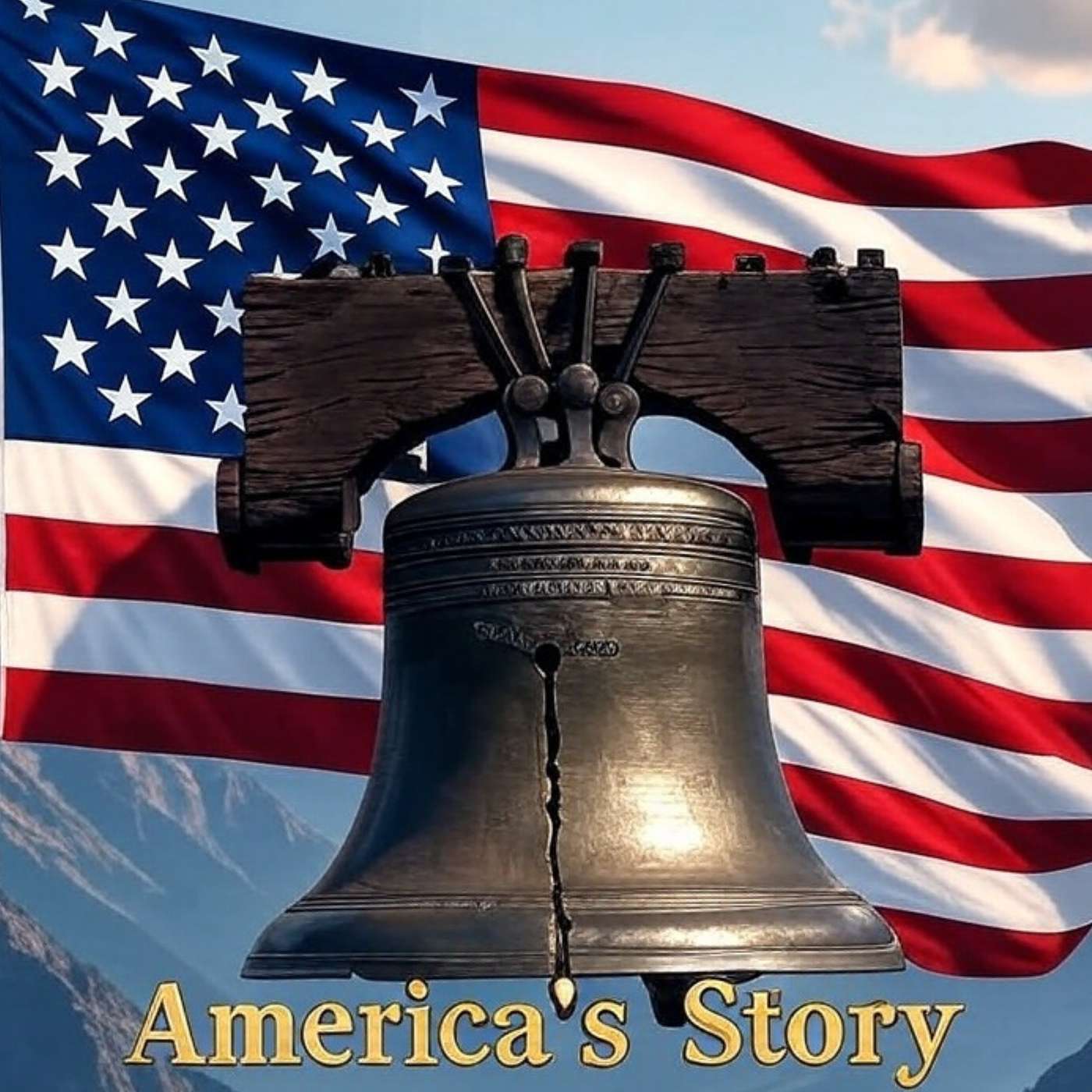MM#431: The Fatal Miscalculation: How Japan Lost WWII
Description
FAN MAIL--We would love YOUR feedback--Send us a Text Message
What catastrophic miscalculations led to Japan's defeat in World War II? This episode dives deep into the strategic blunders, economic impossibilities, and cultural misunderstandings that sealed Japan's fate long before the atomic bombs fell.
Drawing on historian Victor Davis Hanson's meticulous research from his book "The Second World Wars", we explore how Japan's military planners fundamentally misunderstood American resolve and industrial capacity. When the US imposed oil sanctions in 1941, cutting off 93% of Japan's petroleum supply, Japanese leadership faced an impossible choice: abandon imperial ambitions or attack the very nations that supplied their essential resources. Their decision to strike Pearl Harbor, intended to demoralize Americans, instead awakened the world's most formidable industrial power.
The numbers tell a devastating story. Japan began the war with only 18 months of oil reserves, depending on conquered territories that ultimately supplied just 35% of their needs. By 1944, American submarines and bombers ensured only half of this vital resource reached the Japanese homeland. Meanwhile, America's production juggernaut created an insurmountable advantage, manufacturing more Essex-class carriers, submarines, and bombers than Japan could ever hope to counter. As Hanson notes, the question wasn't whether Allied bombers could be shot down, but whether Japan could stop the production of 40,000 four-engine heavy bombers lighting up their homeland.
Japan's defeat reminds us that military power ultimately rests on economic foundations, and that strategic decisions based on cultural misunderstandings and wishful thinking lead to disaster.
Key Points from the Episode:
• Japan's formal surrender on September 2, 1945 marked the end of WWII after fighting for 8-14 years depending on whether you count from 1931 or 1937
• The US oil embargo of 1941 cut off 93% of Japan's oil supply, creating a desperate "now or never" mentality that led to Pearl Harbor
• Japan completely misread American resolve and industrial potential, mistaking prosperity for weakness
• Japanese leaders developed racist assumptions about Americans, failing to understand the industrial tiger they would awaken
• Japan's economy was structured only for regional conflict but attempted to fight a global war
• By 1943, American production capabilities were overwhelming Japanese resources
• Japan lacked a coherent grand strategy, with competing service branches pursuing contradictory objectives
• The loss of experienced pilots at Midway created a downward spiral in naval aviation that Japan never recovered from
• Japan's defensive strategy of making island conquests costly ultimately backfired by eliminating the possibility of negotiated peace
Keep fighting the good fight and join us at teammojoacademy.com for additional resources from this episode.
Other resources:
Want to leave a review? Click here, and if we earned a five-star review from you **high five and knuckle bumps**, we appreciate it greatly, thank you so much!







